Are basil seeds the new chia?
basil seeds have the potential to flourish as a seed ingredient like chia seeds. They are from the sweet basil plant Ocimum basilicum, also called Thai basil seeds, falooda, sabja, subza, selasih, or tukmaria. They are black in colour and can be consumed only after soaking them in water for a couple of hours. Brands are starting to capitalise on basil seeds and although the number of total food and drink launches with basil seeds is very small, the percentage of launches is growing. Basil seeds are pipped to second place by chia seeds as the foremost seeds emerging in global food and drink launches.They account for a 290% increase (February 2013-January 2014 to February 2017-January 2018) as an ingredient in new launches, albeit from a small base.
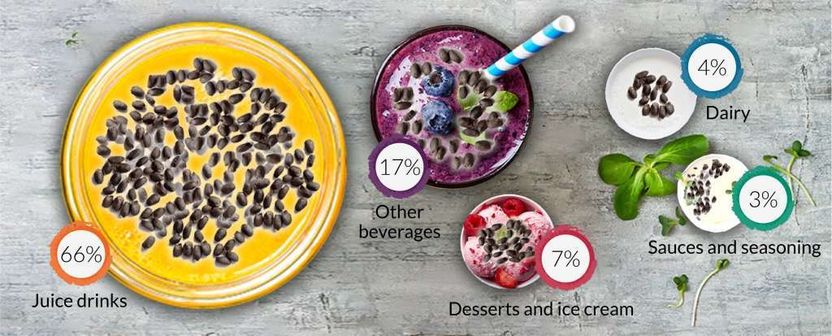
Basil seeds emerge, but mainly in juices Global share of food and drink product launches containing basil seeds Feb 2013-Jan 2018 according to Mintel GNPD
Mintel GNPD
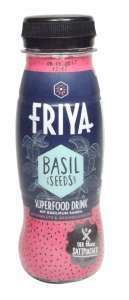
Friya Rose Blossom & Sour Cherry Superfood Drink with Basil Seeds This German product is claimed to curb the appetite, is free from sugar, preservatives, and lactose, and features the V-Label seal from the European Vegetarian Union.
Mintel
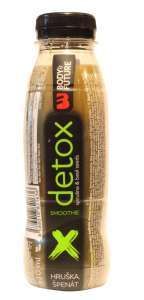
Body & Future Detox Smoothie with Spirulina, Basil Seeds, Pear and Spinach This cold-pressed drink from Slovakia is pasteurised and features 86.8% fruit content, 11.7% vegetable content, and contains vitamins C, B6, and B12.
Mintel
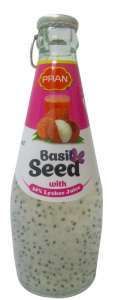
Pran Lychee Drink with Basil Seeds This Malaysian, halal-certified product contains 30% lychee juice, and features ISO 22000 and HACCP certifications, and the FDA Approval logo.
Mintel
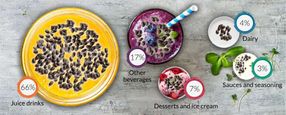

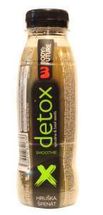

High fiber and micro-nutrient rich
Basil seeds are a good source of micronutrients like iron and magnesium, and are also rich in antioxidants (eg polyphenols). They are high in soluble fibre and mucilage, which helps decrease constipation, induces satiety, supports weight loss by reducing the appetite, and slows the conversion of starch into blood sugar.
Unique texture and physical properties
After soaking in water, basil seeds expand into a gelatinous mass of a beautiful purple-greyish colour. The gelatinous texture of the swollen basil seeds have the potential to create a textured dessert as an alternative to tapioca pudding. They are usually added to drinks, milkshakes, medicinal teas, desserts, and sherbets.
Traditional and medicinal
Basil seeds have been used traditionally in Ayurvedic and Chinese medicine and are now starting to get noticed in the West. They are used to prepare traditional beverages like sharbat, a popular West and South Asian drink, and ice desserts like falooda, a cold dessert from the Indian subcontinent.
Most read news
Other news from the department business & finance

Get the food & beverage industry in your inbox
By submitting this form you agree that LUMITOS AG will send you the newsletter(s) selected above by email. Your data will not be passed on to third parties. Your data will be stored and processed in accordance with our data protection regulations. LUMITOS may contact you by email for the purpose of advertising or market and opinion surveys. You can revoke your consent at any time without giving reasons to LUMITOS AG, Ernst-Augustin-Str. 2, 12489 Berlin, Germany or by e-mail at revoke@lumitos.com with effect for the future. In addition, each email contains a link to unsubscribe from the corresponding newsletter.






























































